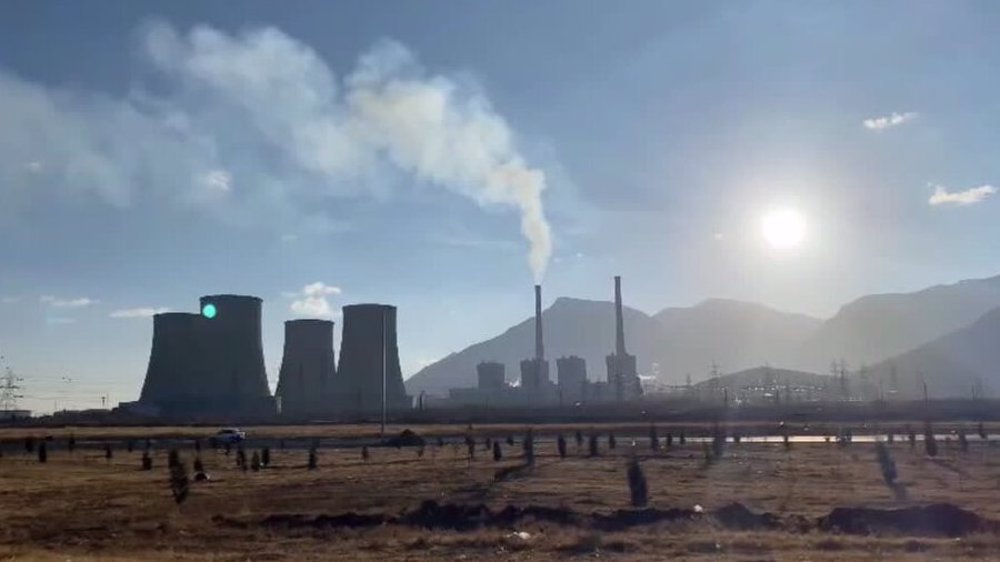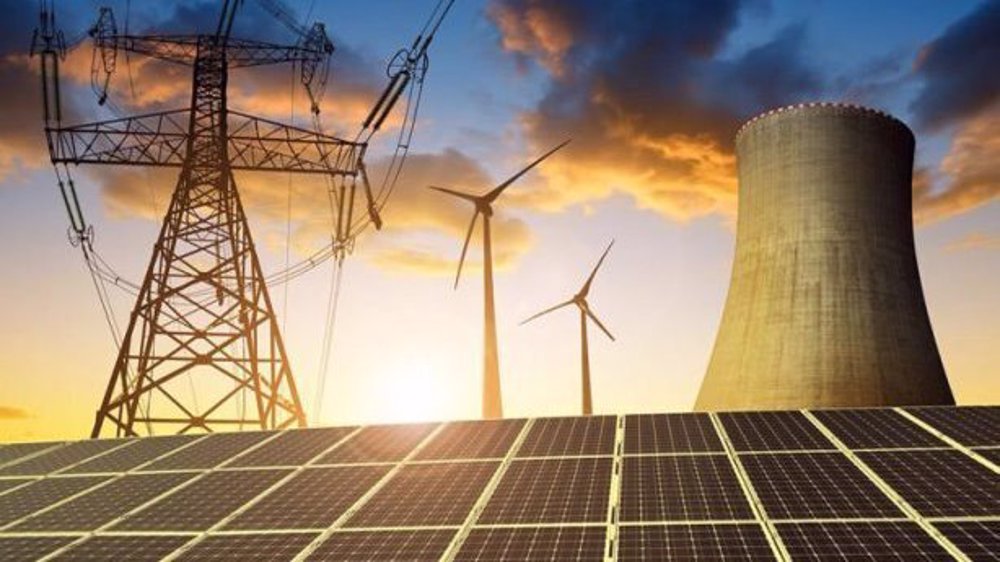Iran, Iraq to lead Middle East oil growth
Speculations are growing that oil field development plans in Iran and Iraq would drive the largest production growth in the Middle East over the next four years.
According to research consultancy Rystad Energy that studies the member countries of the Organization of the Petroleum Exporting Countries (OPEC) in the Middle East, Iran and Iraq are on track to meet production targets and are expected to specifically contribute to a rise in production in the region from the second half of 2017.
“Iraq and Iran are the countries where oil production is expected to see the highest growth over the next decade … [they] are also among the countries that are leading in terms of the capital investment increase in the years to come,” an analyst at Rystad said as quoted by breakbulk.com energy news website.
In Iraq, production growth is expected to be underpinned by the launch of the second development phase of the Lukoil-operated Qurna West-2 field, the Nahr bin Umar field, the second phase of the Majnoon and the third phase of the Halfayah developments, it added.
In Iran, the first phase of the South Azadegan project is expected to contribute to oil production growth over the next five years, reaching a plateau of 255,000 barrels of day from 2021.
Iran announced in January that its production of oil has reached around 4 million barrels per day (mb/d) – a yet another indication that the country is regaining its crude production abilities after multiple years of sanctions.
Gholam-Reza Manouchehri, the deputy for development and engineering affairs of the National Iranian Oil Company (NIOC), told the domestic media that Iran was already on the way to make a stronger oil market recovery, emphasizing that this would be expedited through the development of several key projects such as South Azadegan within the next few years.
Iraq exhuming remains of 100 Kurdish women, children killed by Saddam
Panama rejects talks with US over canal control
HTS rulers name al-Qaeda operative as Syria's new spy chief
Iran voices concern about rising insecurity, violence in Syria
VIDEO | Karachi sit-in amplifies nationwide call for justice for Parachinar victims
Iran strongly condemns Israeli bombing of Yemen's civilian infrastructure
VIDEO | Press TV's news headlines
VIDEO | Israel and Iran’s Nuclear Facilities?










 This makes it easy to access the Press TV website
This makes it easy to access the Press TV website